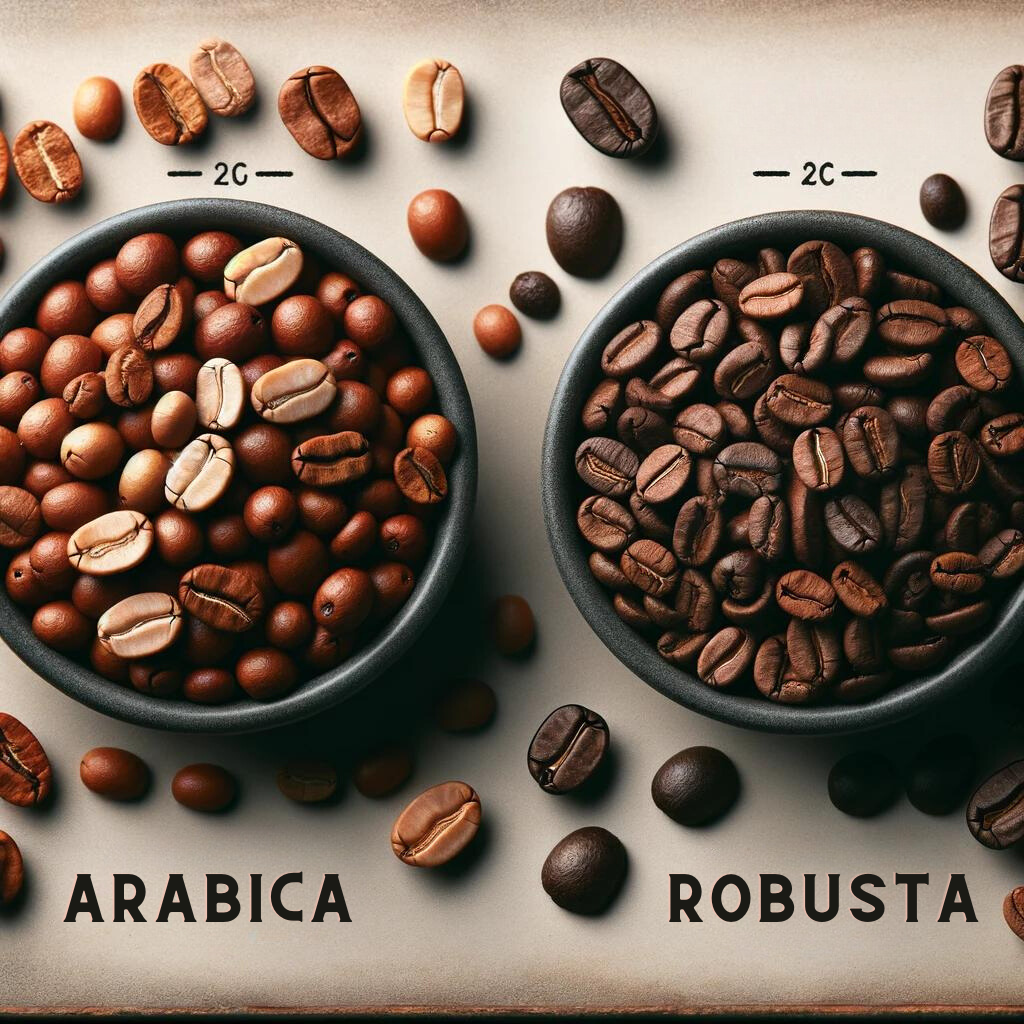Arabica vs. Colombian Coffee Beans
Are you a coffee lover looking to understand the differences between Arabica and Colombian coffee beans? Making an informed decision about which coffee to purchase can be overwhelming with so many options available. In this comprehensive comparison, we will delve into the taste, aroma, growing conditions, and popularity of Arabica and Colombian coffee beans. From the history of these beans to popular brands and sustainability practices in farming, we’ve got you covered. Get ready to become an expert on all things Arabica and Colombian coffee!
Differences Between Arabica and Colombian Coffee Beans
When it comes to choosing the perfect coffee beans, the decision can be overwhelming with so many options available. Two popular choices that often come up in the conversation are Arabica and Colombian coffee beans. But what exactly sets these two apart? Let’s take a closer look at the differences between Arabica and Colombian coffee beans to help you make an informed purchasing decision.
Arabica Coffee:
Arabica coffee, as the name implies, was originally grown in Arabia or present-day Ethiopia. It is no less significant in the global coffee landscape, known for its smoother and milder taste compared to other varieties. Arabica beans have curved creases and are often preferred for their rich flavor and aroma. They are commonly used for espresso-based drinks and filter coffee, making them a popular choice among coffee enthusiasts.
Colombian Coffee:
On the other hand, Colombian coffee is exclusively grown in Colombia. Colombian beans are actually Arabica beans, but they are grown specifically in Colombia. Known for their high quality, Colombian coffee beans are used for a variety of coffee preparations, including espresso-based drinks and filter coffee. The taste and aroma of Colombian coffee are distinct, offering a unique flavor profile that sets it apart from other varieties.
When it comes to taste comparison, Arabica is known for its smooth and milder taste, while Colombian coffee offers a unique flavor profile that is distinct from other varieties. The growing conditions also play a significant role in the differences between these two types of coffee beans. Colombia and many African countries are known for producing high quality Arabica coffee, while Colombian coffee is exclusively grown in Colombia, where the climate and altitude contribute to its unique characteristics.
In conclusion, both Arabica and Colombian coffee beans have their own distinct qualities that make them stand out in the world of coffee. Whether you prefer the smooth and milder taste of Arabica or the unique flavor profile of Colombian coffee, understanding the differences between these two varieties can help you make an informed decision when choosing your next bag of coffee beans.
More Information on Arabica and Colombian Coffee
History of Arabica and Colombian Coffee:
Arabica coffee has a rich history, originally grown in Arabia or present-day Ethiopia. It has since become a staple in the global coffee landscape, known for its smooth and milder taste compared to other varieties. On the other hand, Colombian coffee is exclusively grown in Colombia, where the climate and altitude contribute to its unique characteristics. Colombian beans are actually Arabica beans, but they are grown specifically in Colombia, making them distinct from other varieties.
Popular Arabica and Colombian Coffee Brands:
There are numerous popular brands that offer both Arabica and Colombian coffee beans. Some well-known brands that specialize in Arabica coffee include Starbucks, Lavazza, and Illy. On the other hand, Colombian coffee is often associated with brands such as Juan Valdez and Café de Colombia. These brands are known for their high-quality beans and unique flavor profiles, making them popular choices among coffee enthusiasts.
Sustainability Practices in Arabica and Colombian Coffee Farming:
Both Arabica and Colombian coffee farming have made significant strides in sustainability practices. Many coffee farms in Colombia and African countries have implemented environmentally friendly farming methods to minimize their impact on the environment. This includes practices such as shade-grown coffee, organic farming, and fair trade initiatives. By supporting brands that prioritize sustainability, consumers can make a positive impact on the coffee industry and the environment.
Frequently Asked Questions:
- Which coffee bean is more popular globally?
Arabica coffee is the most popular and widely consumed type of coffee bean globally. Its smooth and milder taste, along with its versatility in various coffee preparations, has contributed to its widespread popularity among coffee lovers. - Are there any health benefits associated with Arabica or Colombian coffee?
Both Arabica and Colombian coffee beans offer potential health benefits when consumed in moderation. They are rich in antioxidants and have been linked to a reduced risk of certain diseases, including type 2 diabetes and Parkinson’s disease. Additionally, the caffeine content in both types of coffee can provide a temporary boost in energy and mental alertness. - How do the prices of Arabica and Colombian coffee compare?
The prices of Arabica and Colombian coffee can vary depending on factors such as quality, brand, and production methods. Generally, Colombian coffee is known for its high quality and unique flavor profile, which can result in slightly higher prices compared to other varieties. Arabica coffee, on the other hand, is widely available and comes in a range of price points to suit different budgets.


